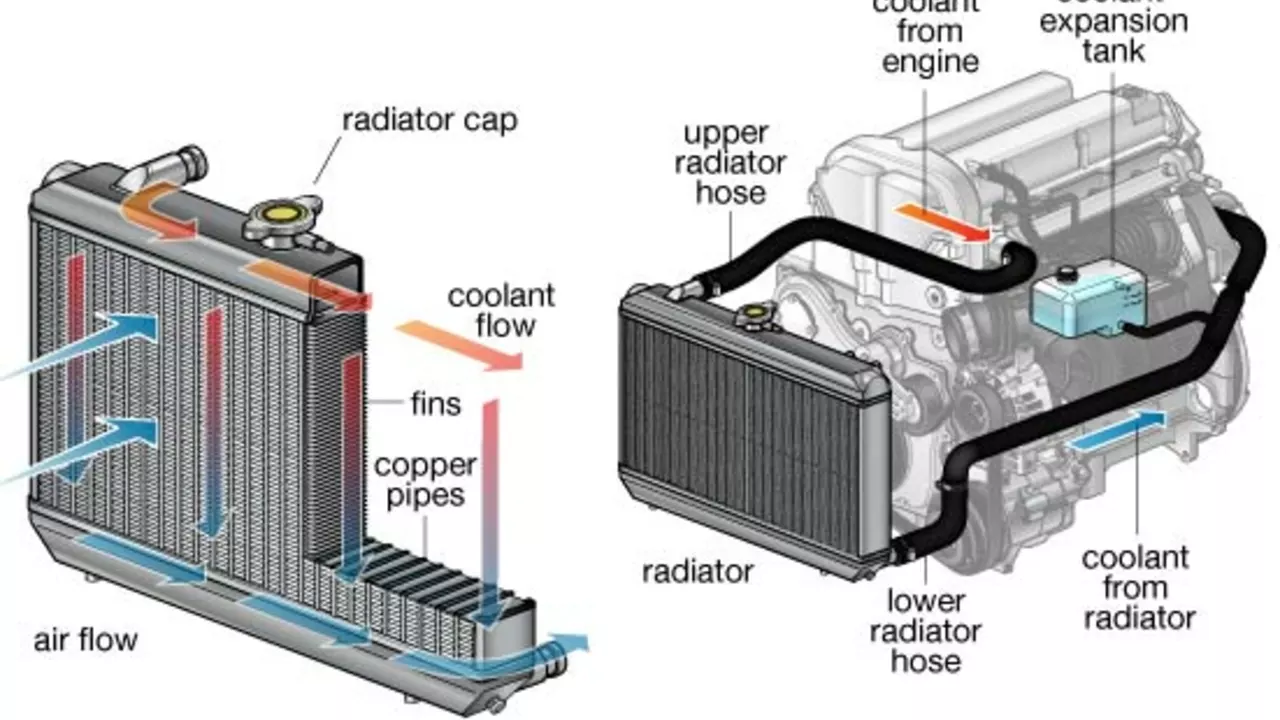Understanding the Role of a Car Radiator
Before we delve into the specifics of radiator size, it's important to fully understand the role of a car radiator. The radiator is a crucial component of your car's cooling system. Its main job is to keep the engine cool and prevent overheating. This is achieved by circulating coolant fluid around the engine, absorbing the heat, and then dissipating it through the radiator fins. In essence, a car without a functional radiator is a ticking time bomb of potential engine damage.
The Concept of an Optimal Radiator Size
Like most things in life, finding balance is key. The same applies to the size of your car radiator. There's a common misconception that bigger is always better. However, this is not necessarily the case. Your car's engine is designed to operate at a certain temperature. If the radiator is too large, it could cool the engine below its optimal operating temperature. This could lead to inefficient fuel combustion, increased engine wear, and reduced performance.
Disadvantages of an Oversized Radiator
So, what could potentially happen if your car radiator is too big? One major issue is that an oversized radiator can overcool the engine. This can lead to a host of problems, including poor fuel economy as the engine's fuel-air mixture can be thrown off. Additionally, the engine oil may not reach the temperature needed to fully lubricate the engine, leading to increased engine wear. Lastly, your car's heater may not work properly, as it relies on the engine's heat to function.
Can A Larger Radiator Improve Performance?
While an oversized radiator can cause problems, a larger radiator can sometimes be beneficial, especially in high-performance or racing vehicles. These vehicles generate a lot of heat due to their powerful engines and demanding driving conditions. In such cases, a larger radiator can help keep the engine within its optimal temperature range. However, it's crucial to note that the radiator size should be carefully calibrated based on the engine's specifications and the expected driving conditions.
Finding the Right Radiator for Your Car
Finding the right sized radiator for your car involves several factors. These include the make and model of your car, the engine's power output, your typical driving conditions, and even the climate in your area. You should consult with a professional mechanic or a car manufacturer representative to ensure that you choose the right radiator size for your specific needs. Remember, the goal is to maintain your engine’s optimal operating temperature for efficient and reliable performance.
